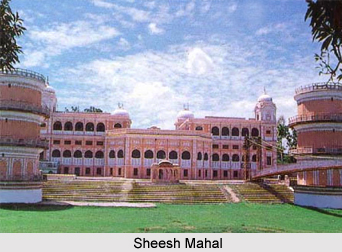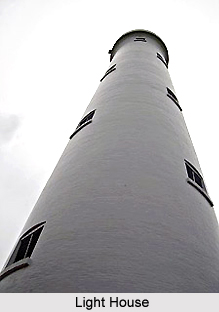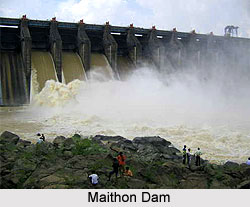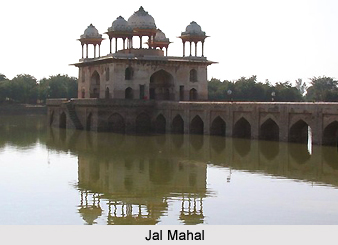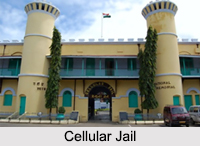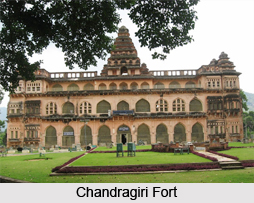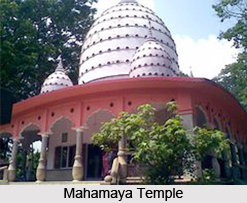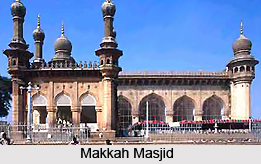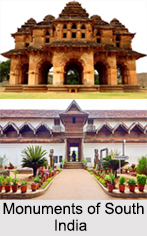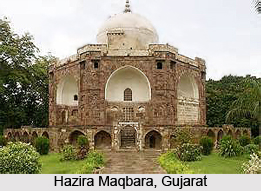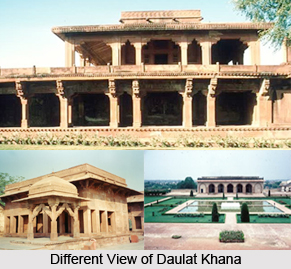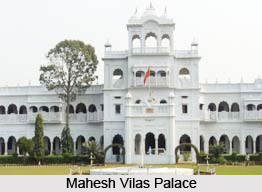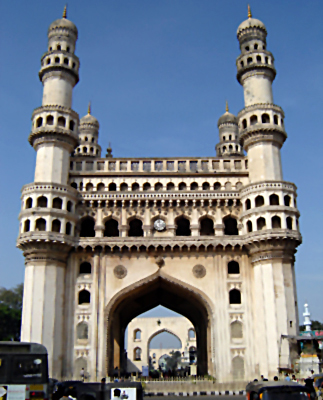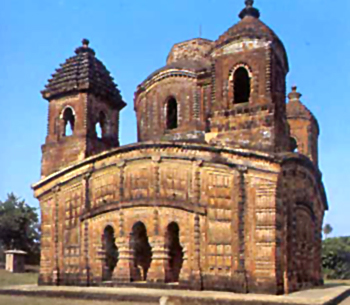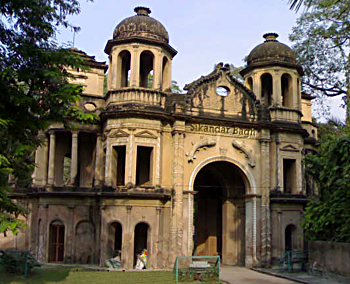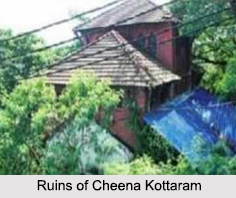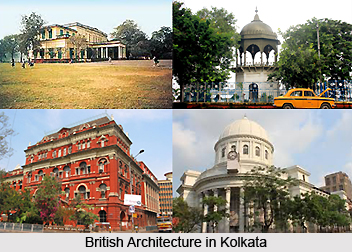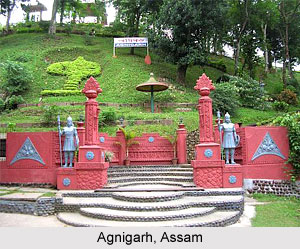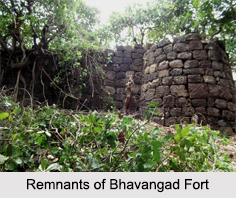 Bhavangad Fort is a fort located 3 km from Kelva Beach, in Palghar district of Maharashtra. The fort is in very dilapidated condition. This fort was built to capture the Fort Bassein by Maratha Army.
Bhavangad Fort is a fort located 3 km from Kelva Beach, in Palghar district of Maharashtra. The fort is in very dilapidated condition. This fort was built to capture the Fort Bassein by Maratha Army.
History of Bhavangad Fort
Bhavangad Fort was built during the time of Vasai Battle by Chimaji Appa to check the atrocities by Portuguese. This fort was built in 1737 with the help of 2000 labourers. This fort played a prominent role in the conquest of the Fort Bassein. Later, this fort was captured by British in 1818.
Structure of Bhavangad Fort
Bhavangad Fort is in a dilapidated state and only few remains of the bastion, fort walls and the water cistern are seen. The outer walls, steps, parapets, bastions, etc. were built without using limestone at many places. The western doorway of fortress is of Gomukhi style. The curve of this door way is broken, yet the bastion and the dividers are in place. Limestone was utilized as a part of development of this doorway. Close to door, there are vestibules for watchmen. There is a temple of Bhavangadeshwar on the highest point on the fort.
This article is a stub. You can enrich by adding more information to it. Send your Write Up to content@indianetzone.com
